Keywords: We Are The World
There are more than 200 results, only the first 200 are displayed here.
-
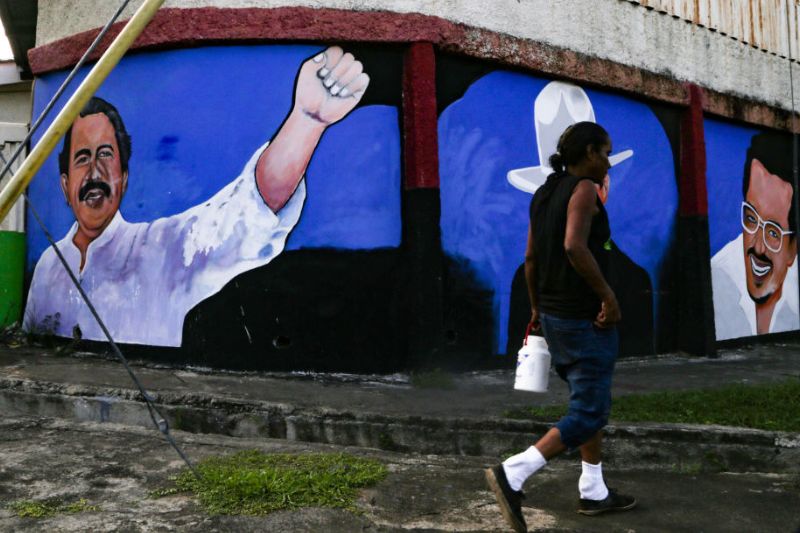
INTERNATIONAL
- Antonio Castillo
- 01 September 2022
2 Comments
In Nicaragua, Catholic priests and institutions are under siege. In the last five months, the Ortega regime has increased its persecution of the Church, accusing them of being ‘terrorists.’ The conflict has been further exacerbated by the detention of Bishop Rolando Álvarez, the most outspoken critic of Ortega. In less than four years, the Church has suffered 190 attacks, including a fire in the Cathedral of Managua. However, the crisis in Nicaragua is not as clear-cut as it might seem.
READ MORE 
-

AUSTRALIA
- Julian Butler
- 29 August 2022
The absence of trust undermines our ability to meet basic human need, to feel supported, to share resources and to effectively divide responsibilities. Mistrust imposes its own ‘price’ on every ‘transaction’, every engagement with others becomes more costly as we need to account for the perceived insincerity and unreliability of others.
READ MORE 
-

ARTS AND CULTURE
- Andrew Hamilton
- 29 August 2022
The subject of this Stray Thought is not sleazy thoughts. It is rather the thought of becoming a lion tamer which might steal upon a person focused from childhood on being a musician with all the sacrifices that this choice has entailed. Or the thought that might lead a soccer goalie to leave his position and go forward to score a winning goal for his team. Naughty thoughts are secret, personal and disruptive. They defy the conventional wisdom we have accepted about career, security and responsibility.
READ MORE 
-

ECONOMICS
- David James
- 23 August 2022
4 Comments
Now that it is becoming hard to avoid just how much trouble the global financial system is in, it is interesting to speculate about what should be done about it. The first thing to understand about the global financial system is that the assumptions that were used to shape it are demonstrably false.
READ MORE 
-
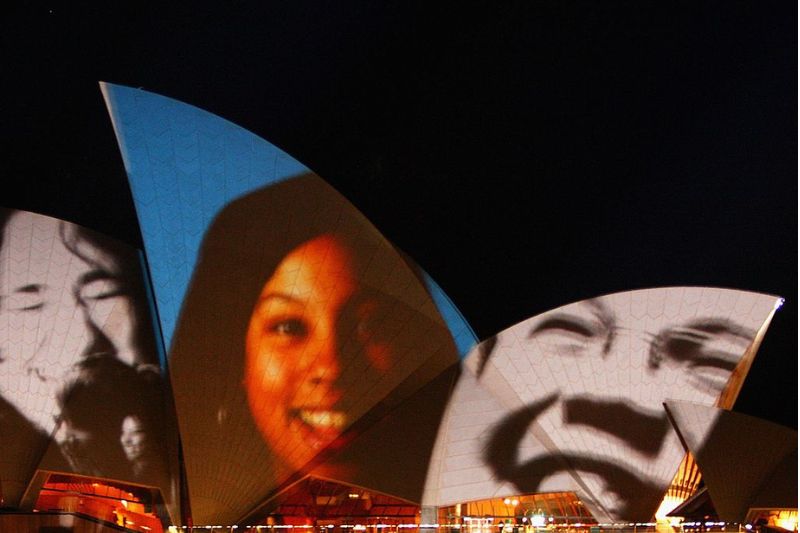
AUSTRALIA
- Andrew Hamilton
- 17 August 2022
4 Comments
Few Australians of Irish descent will now be familiar with this history and the experience that accompanied it. They would see themselves as simply Australian. But the emphasis on social justice, the recognition of the value of community, and the concern for people who are marginal that are communicated through Catholic schools and the sympathy with the underdog owe much to the Irish heritage.
READ MORE 
-
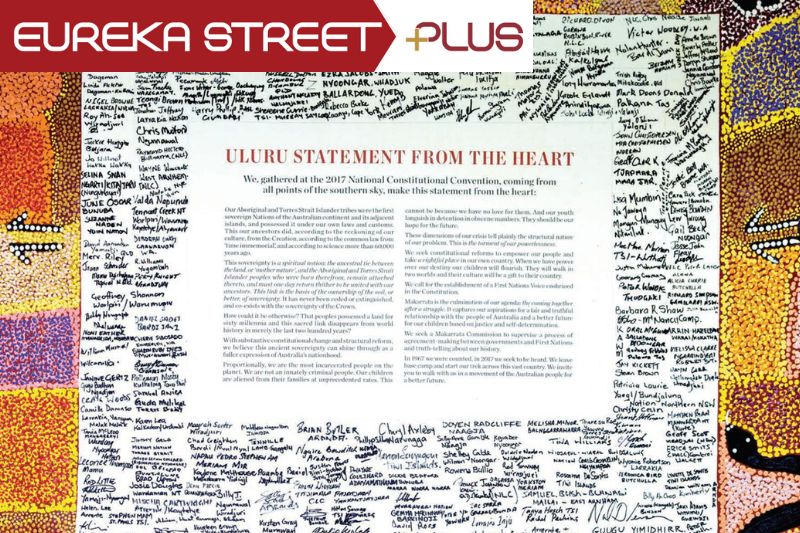
AUSTRALIA
- Frank Brennan
- 17 August 2022
2 Comments
We need to be able to do more than simply give notional assent to the Uluru Statement. We need to be able to contribute to the hard thinking and difficult discussions to be had if the overwhelming majority of our fellow Australians are to be convinced of the need for a Voice in the Constitution.
READ MORE 
-
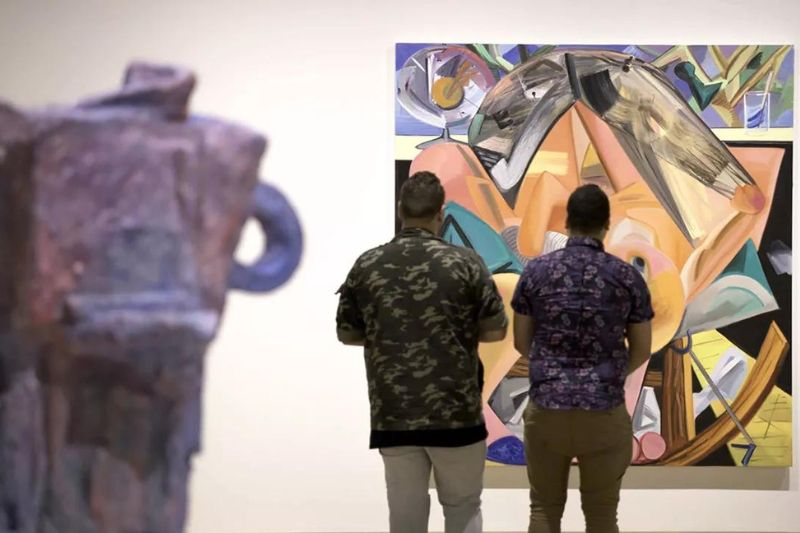
ARTS AND CULTURE
- Juliette Hughes
- 16 August 2022
1 Comment
Five years ago, the beloved and I were in a reality show called Everyone’s a Critic. The show took us all to art galleries, mostly in Melbourne and Sydney, plonked us in front of some artworks, asking us to say what we thought of them. I realised TV norms being what they are, that we could have a ten-minute conversation about artists with whom we were familiar and all that would make it onto the program would be ten seconds of me mentioning my mum.
READ MORE 
-

AUSTRALIA
- Andrew Hamilton
- 04 August 2022
8 Comments
It is easy to view homelessness from a distance as only a failure of economic policy and of the political responsibility to deliver material goods. A home, however, is more than a house. It connotes connections that are central to humanity. Left without a home people are deprived of more than bricks and mortar; they are diminished in their humanity.
READ MORE 
-
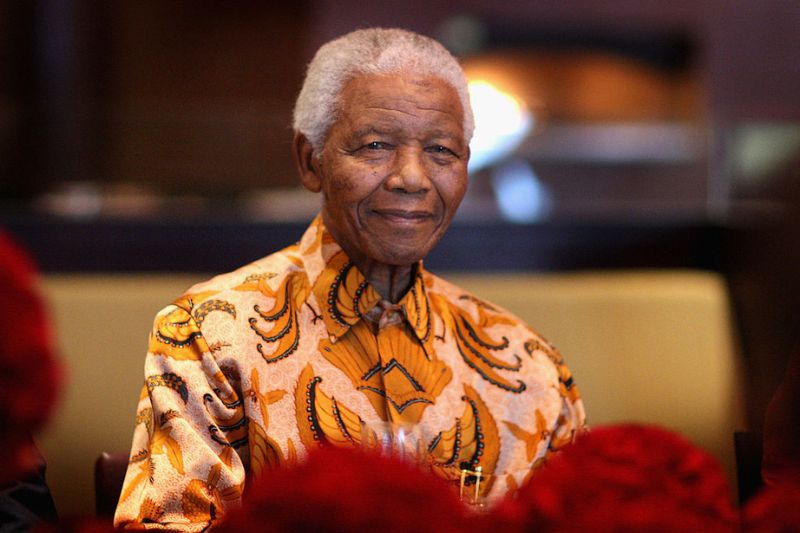
INTERNATIONAL
- Andrew Hamilton
- 14 July 2022
3 Comments
The leaders of the past are often referred to as a measuring stick for evaluating the present. Australian prime ministers are routinely compared to John Curtin or Robert Menzies. This coming week calls to mind another leader against whom we might measure others. July 18 marks Mandela Day, an annual international day in honour of Nelson Mandela, the first Black President of South Africa. Mandela had the quality, rare today, of being born to rule.
READ MORE 
-

RELIGION
- Michele Frankeni
- 12 July 2022
1 Comment
Last week at the Plenary Council Second Assembly, it seems many of Australia’s bishops, for whatever reason, wanted to bury the talents available to them. They voted down motions related to the equality of dignity between men and women. The reaction according to commentators was visceral with members, not just women, upset and angry. It is likely the anger was more potent for the fact that the motions had become so anodyne that many assembly members are probably regretting the parsing and pruning.
READ MORE 
-
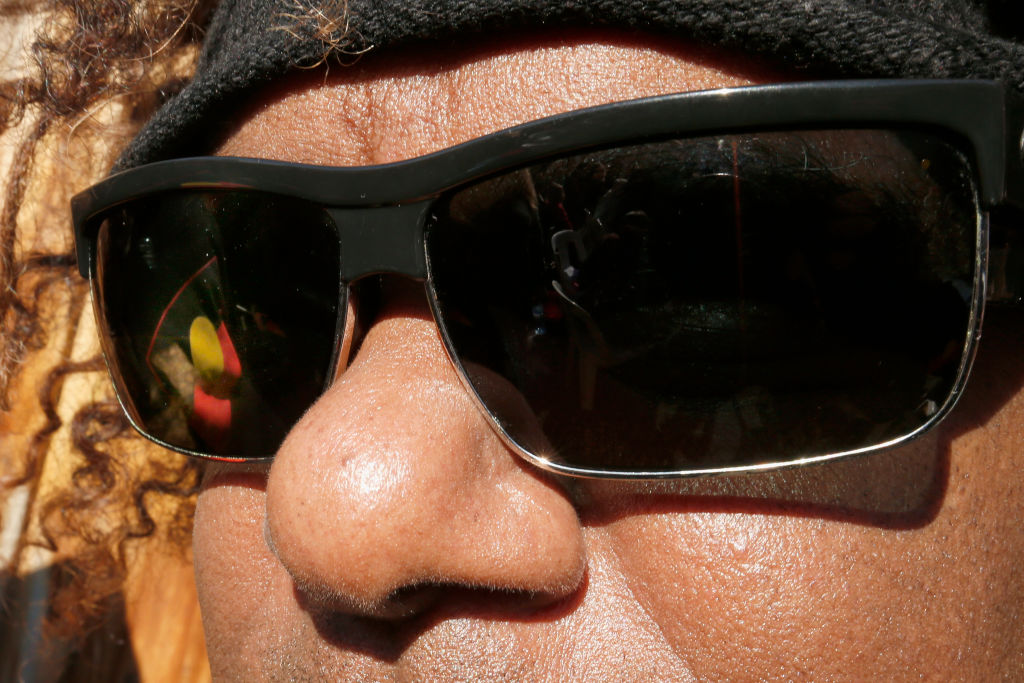
AUSTRALIA
- Andrew Hamilton
- 30 June 2022
11 Comments
If NAIDOC and of the Australian Catholic Church are to achieve their goals time and patience will be required. Yet both show signs of justifiable impatience. This year the theme of NAIDOC Week is Get Up! Stand Up! Show Up! Its tone is urgent, expressing frustration at the resistance to change but also the recognition that new possibilities have opened.
READ MORE 
-

ARTS AND CULTURE
- Juliette Hughes
- 28 June 2022
1 Comment
How do we know that what we call knowledge is knowledge? How do we know that we know? The two books I have been reading here are both about kinds of knowing. Suzie Sheehy is a particle physicist from my old stamping ground, Melbourne University. Sheehy’s story is of passionate hunters for nothing less than the meaning of everything.
READ MORE 